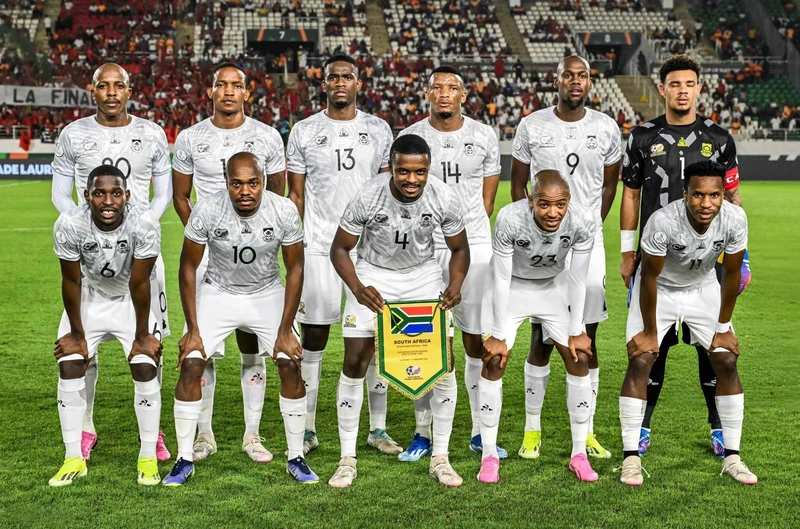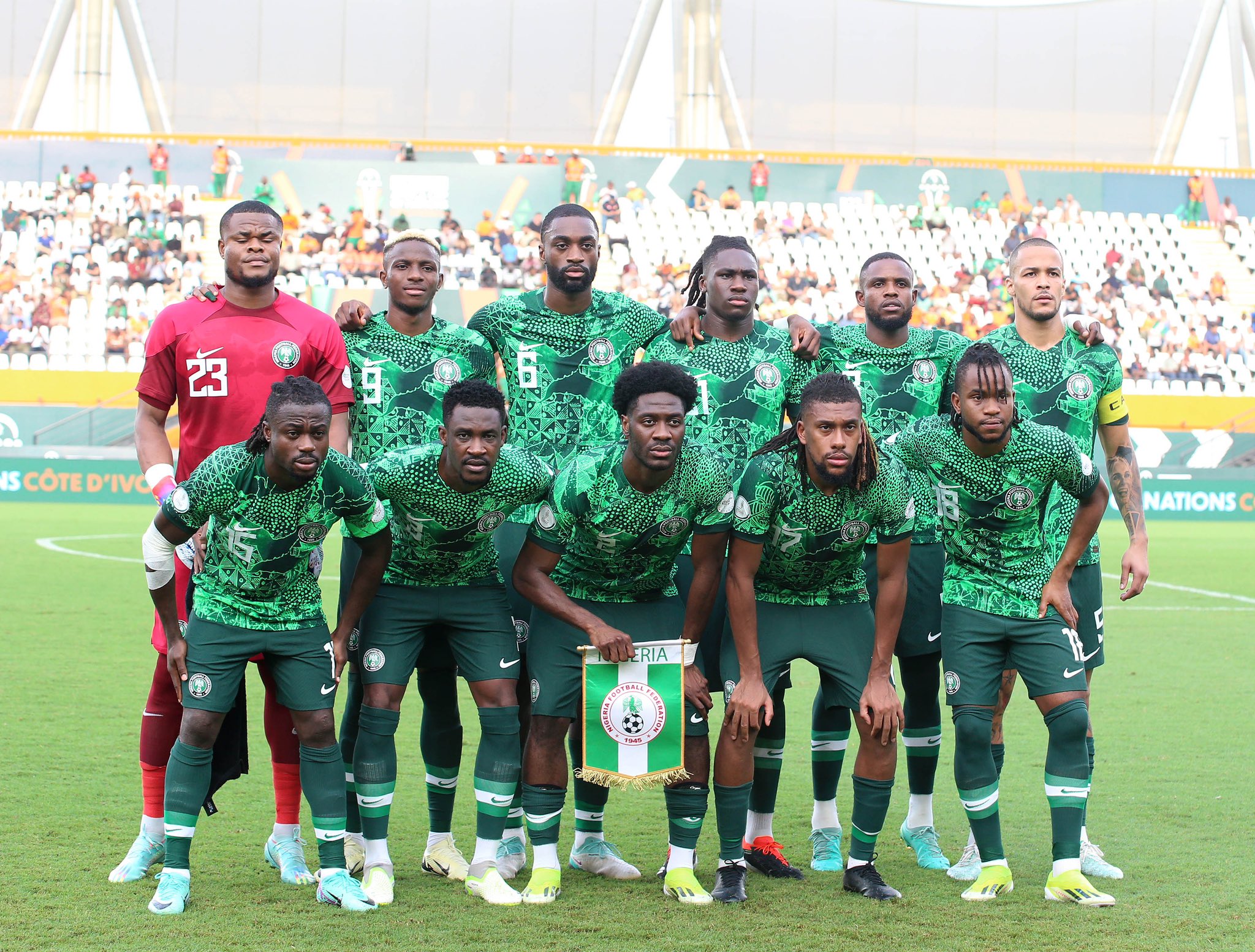
As the 2023 Africa Cup of Nations approaches its climax, a match filled with historical complexity and heightened tensions is at hand.
Nigeria and South Africa meet in the semi-finals on Wednesday, sparking a debate that goes beyond a pure soccer rivalry.
Amidst the obvious expectations, fundamental questions emerge. Is there an undercurrent of hatred and jealousy smoldering between the Super Eagles and Bafana Bafana fans?
This matchup ostensibly represents a clash between two African giants, former champions of the prestigious tournament. However, a closer look reveals that their soccer ancestry is in stark contrast.
A true African superpower, Nigeria has a rich history of success, having won the AFCON title three times: in 1980, 1994 and 2013.
In contrast, South Africa remain at the bottom of African football, with their only victory coming in 1996.
The historical context of this encounter suggests that there is no traditional rivalry between the two countries.
Until South Africa’s first AFCON victory, the history of both countries was unmarred by hostility or competitive disdain.
But key moments in history, particularly the 1996 AFCON, which South Africa hosted and won, gave rise to stories of discontent.
Nigeria’s controversial withdrawal from the 1996 tournament coincided with South Africa’s victory, increasing speculation about what would have happened if the Super Eagles had participated.
This sentiment was further intensified after Nigeria won the Olympic gold medal in Atlanta, Georgia, USA, overshadowing South Africa’s AFCON glory and exacerbating the sense of unfairness among Nigerian enthusiasts.
The subsequent encounter between the two teams on the soccer field further emphasized Nigeria’s superiority with seven wins out of 14 matches.
These victories were important in preventing South Africa from qualifying for the 1994 World Cup and reaching the 2000 AFCON finals or the 2019 AFCON semi-finals, and instilled a sense of superiority in Nigerian football.
Nigeria’s passion is still rooted in sporting victories, but the story changes significantly when a South African perspective is taken into account.
Past instances of xenophobic attacks against Nigerians in South Africa are well documented.
And when this is combined with recent pre-match threats ahead of the semi-final match in Bouake, Ivory Coast, a grim picture of underlying tensions emerges.
A warning message from the Nigerian High Commission to the nation underlines the seriousness of the situation and highlights the disturbing reality that is overshadowing this footballing spectacle.
South Africa’s assistant coach Herman Muharele takes a poignant look back at the historical context and talks about past encounters filled with hostility and contempt.
Despite his claims to reduce inequality, there is an underlying tone of resentment and longing for redress, indicating a deep-seated conflict fueled by a sense of injustice.
Muharele, one of South Africa’s players who lost 2-0 to Nigeria in the 2000 AFCON semi-final, recalls:
“Yeah, I remember when I went to that game, when I got to Lagos, people raised their hands and said, ‘We’re going to lose at five,'” the former winger said. p>
“As you can see, there was so much ‘disgust’ in the reverse coma that I think we probably couldn’t handle that kind of pressure as a team (before the game).
“But when we got on the pitch, we made some mistakes, we spent a lot of money, we played against a top team with top players from Africa and even around the world. I think your fate is decided. Let’s not make mistakes against top players.
“It was really tough to suddenly be up 2-0 and have to chase this game.
“Since 2000, Nigerians have always ridiculed us and called us names, but fortunately over the years we have started to close the gap.
“I am convinced that even today, although they claim supremacy, they no longer do so with the same confidence. Therefore, our players have the ability to create their own history. I just want to do it, so I think I’ll just bring that to the game.”
Amidst such complex power relations, Nigeria’s position remains firm and free from hatred towards its fellow countrymen.
The prevailing atmosphere among Nigerians embodies a spirit of competitive camaraderie, which is reflected in their on-field expectations for the match against South Africa.
As the countdown to Wednesday’s clash begins, South Africa’s quest for redemption reflects a country grappling with its footballing identity against a backdrop of smoldering resentment and implicit hostility.
But as always, the Super Eagles are striving for victory.
Nigeria’s unspoken goal after this tournament is to win four, five, six, seven and possibly eight AFCON trophies to match and surpass Ghana, Cameroon and Egypt. Not South Africa.
